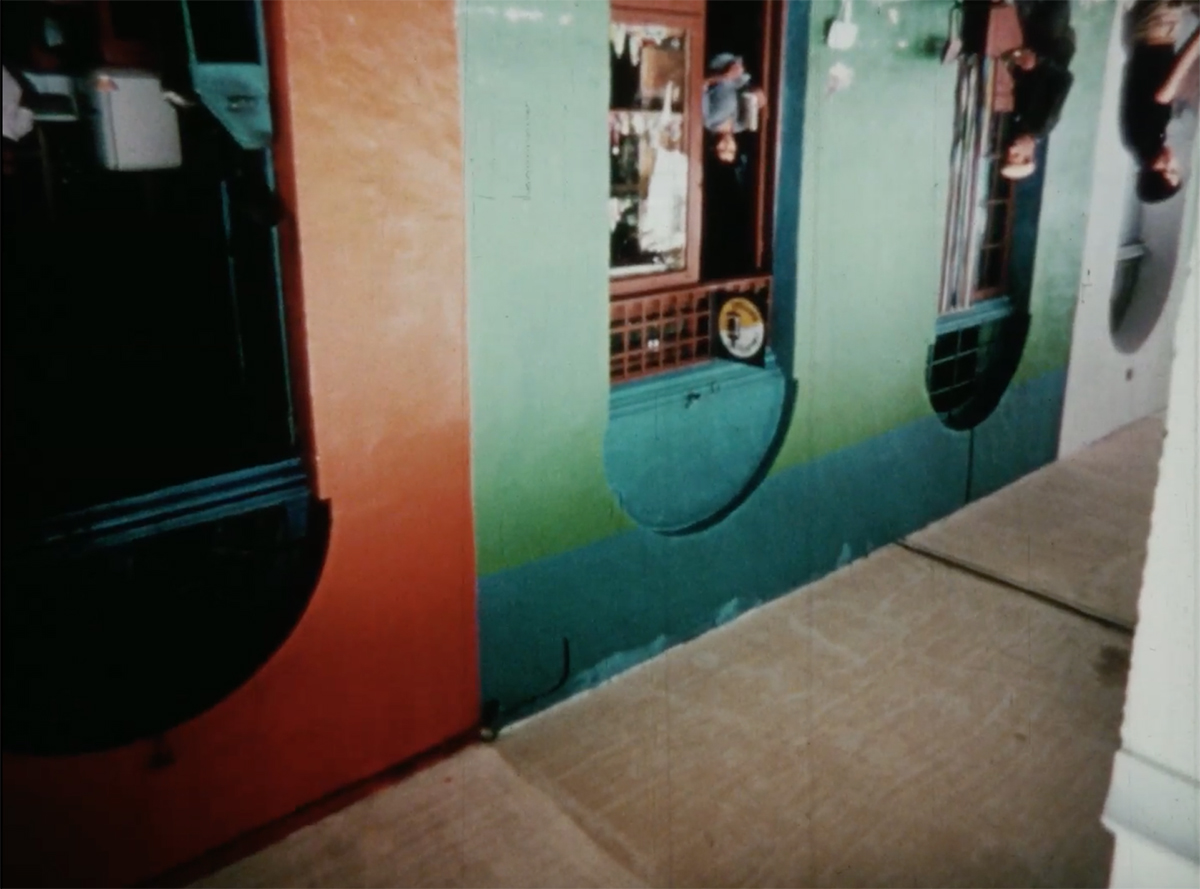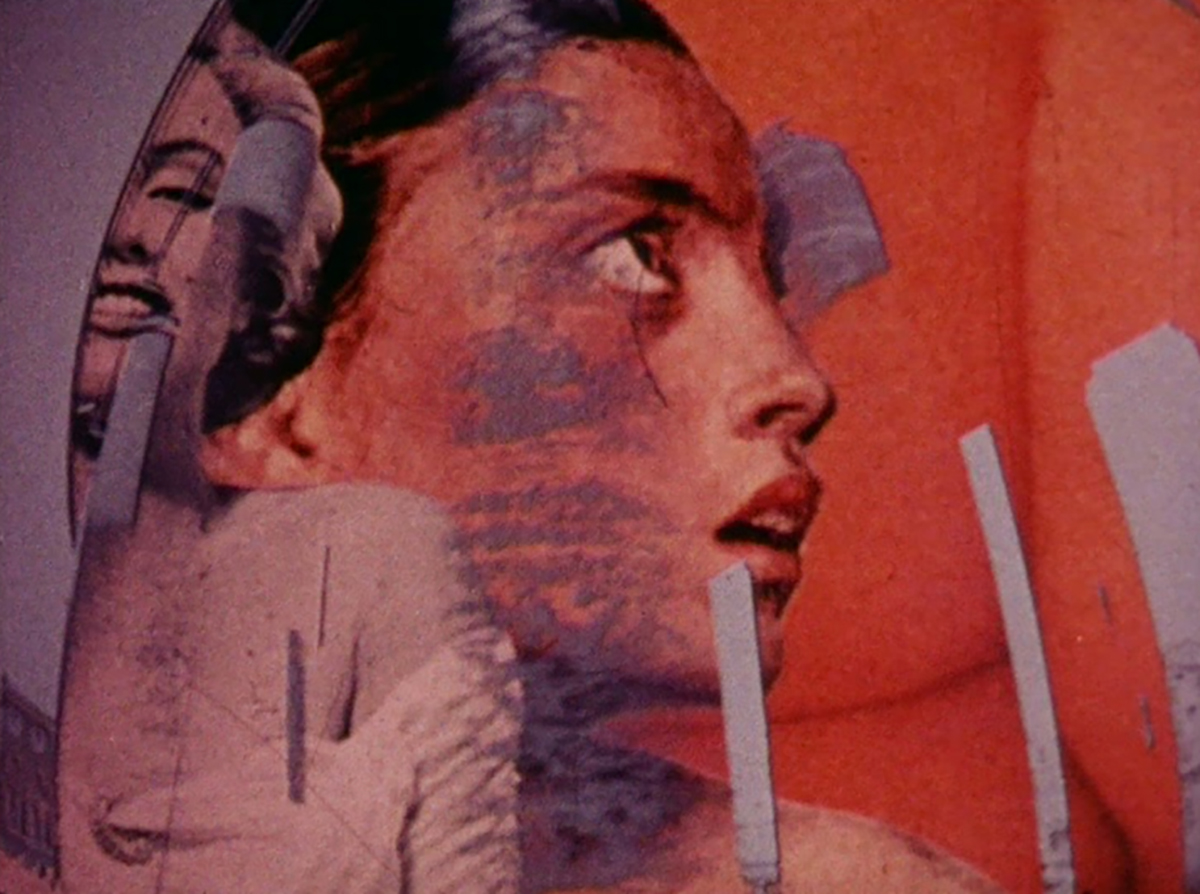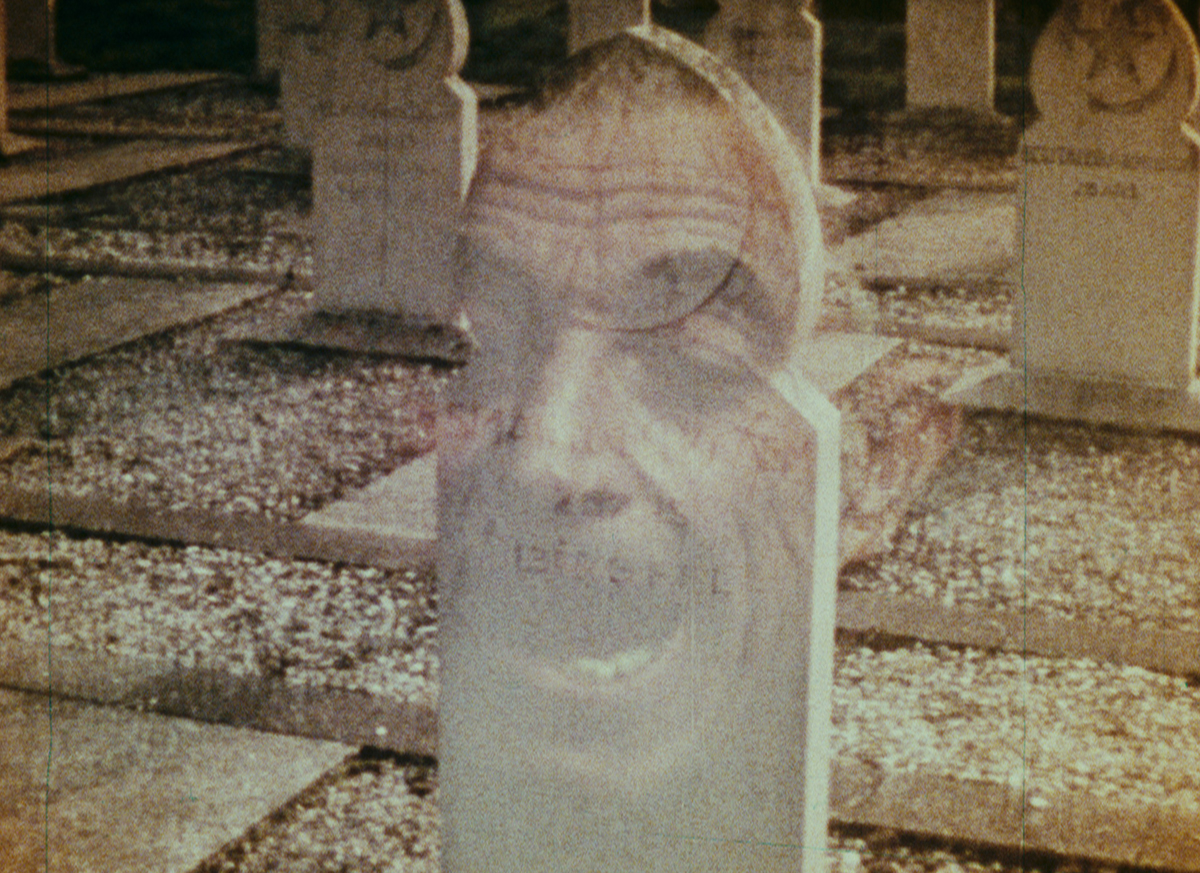Selection 14: Djouhra Abouda & Alain Bonnamy
Recently rediscovered and restored, Ali au pays des merveilles is a radical political work about the labor conditions of workers emigrated to France in the 1970s. Combining formal and aesthetic force with a militant message, this remarkable film by Djouhra Abouda and Alain Bonnamy is a cry against exploitation and racism that points the finger without reservation at the French state, the media, capitalism and colonisation.
Abouda en Bonnamy had already made two short experimental films during their studies at the film department of the Centre Universitaire in Vincennes (founded after May 1968): Algérie couleurs (1972) and Cinécité (1974). With Ali au pays des merveilles, they wanted to leave the “ghetto of experimental cinema” and tackle political and social problems. “As an Algerian, I wanted to work in the field of cinematography because I certainly did not want to copy French cinema,” Abouda stated. Far from being a contemplation or representation of misery and poverty, this attempt at “different cinema” allows for the emergence of an aesthetic and political force/strength that simultaneously denounces and liberates. After this film, Abouda and Bonnamy left the path of cinema and chose other forms of expression and art. Djouhra Abouda is known today under the name Djura and as founder of the Kabylic, feminist music group Djurdjura. Alain Bonnamy is an architect and photographer. In 1986, he made the film Le Caire, la Cité des morts based on photos of Cairo’s cemeteries.
In the presence of Djouhra Abouda
4K restaurations in 2021 by Image Retrouvée based on original negatives and a 16mm copy, led by the Talitha association in collaboration with Abouda et Bonnamy.


